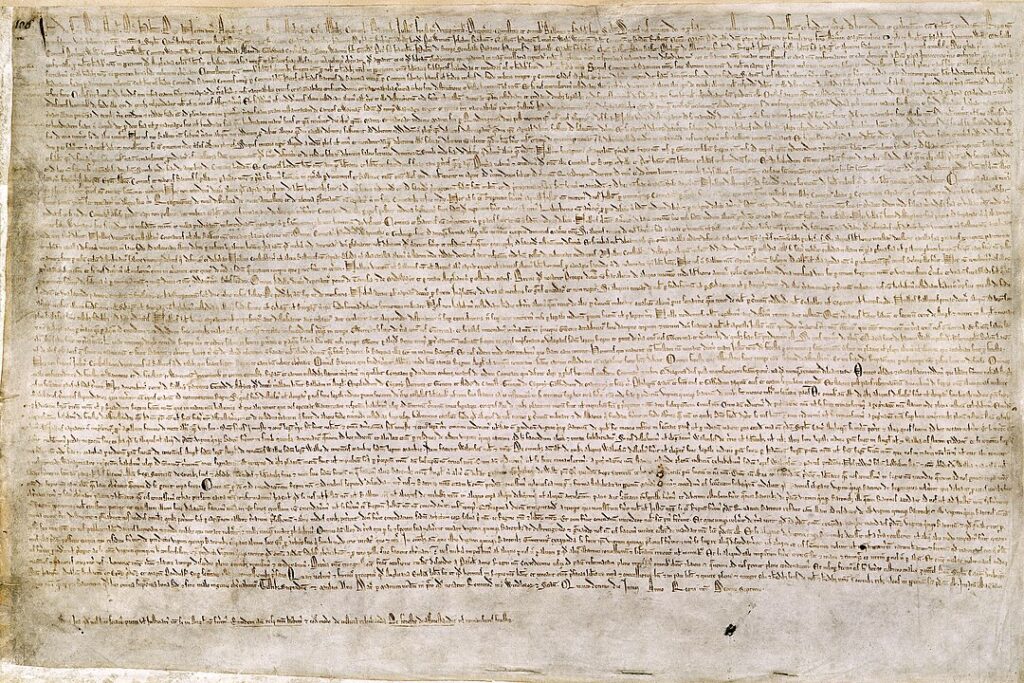 Origins of the Conflict
Origins of the Conflict
The Investiture Controversy, a major conflict between the Papacy and European monarchies, began in the 11th century over the issue of lay investiture. Lay investiture involved the appointment of bishops and abbots by secular rulers, a practice that gave kings significant control over the church. Pope Gregory VII’s reforms aimed to end this practice, asserting that only the church had the authority to appoint church officials, leading to a power struggle with Emperor Henry IV.
Political Ramifications
The Investiture Controversy had profound political ramifications across medieval Europe. It challenged the traditional balance of power between the church and state, leading to conflicts and shifts in authority. The resolution of the controversy, through the Concordat of Worms in 1122, established a compromise where the church retained the right to appoint bishops, while secular rulers could invest them with temporal authority. This agreement weakened the direct influence of monarchs over the church and strengthened papal authority.
Impact on Church-State Relations
The controversy had a lasting impact on church-state relations, contributing to the development of the medieval concept of separate spheres of power. It reinforced the idea that the church and state should operate independently in their respective domains. This separation laid the groundwork for the development of modern notions of religious and political authority, influencing the governance structures of medieval and later European states.
Conclusion
The Investiture Controversy was a pivotal event in medieval politics that reshaped the relationship between the church and state. Its resolution and the resulting changes in power dynamics had a lasting influence on the political and religious landscape of medieval Europe.
 Historical Context
Historical Context